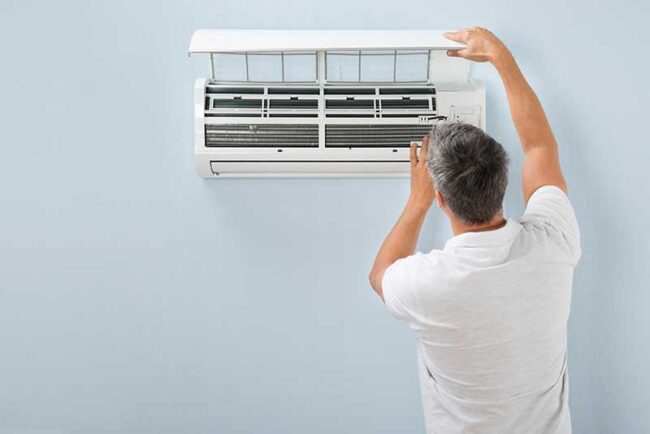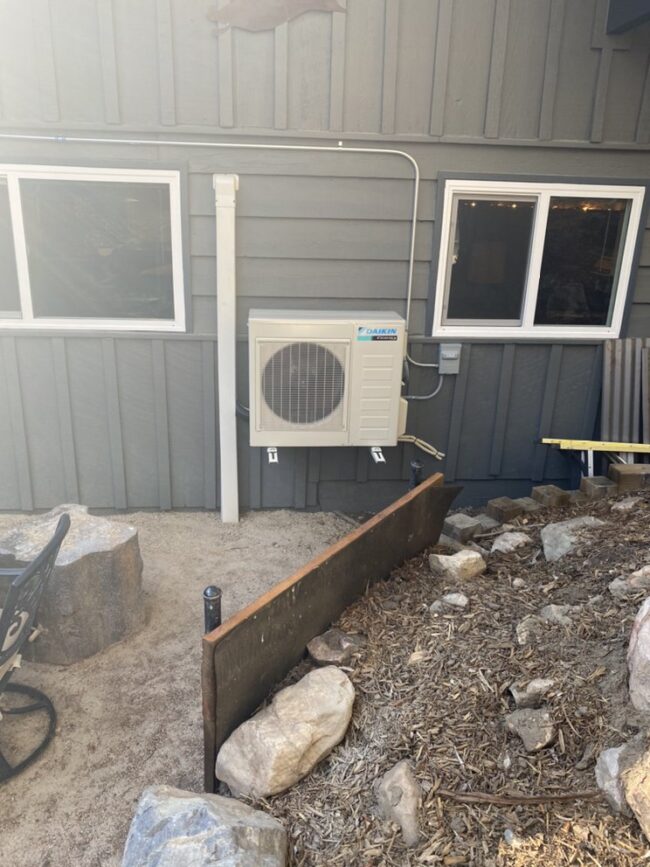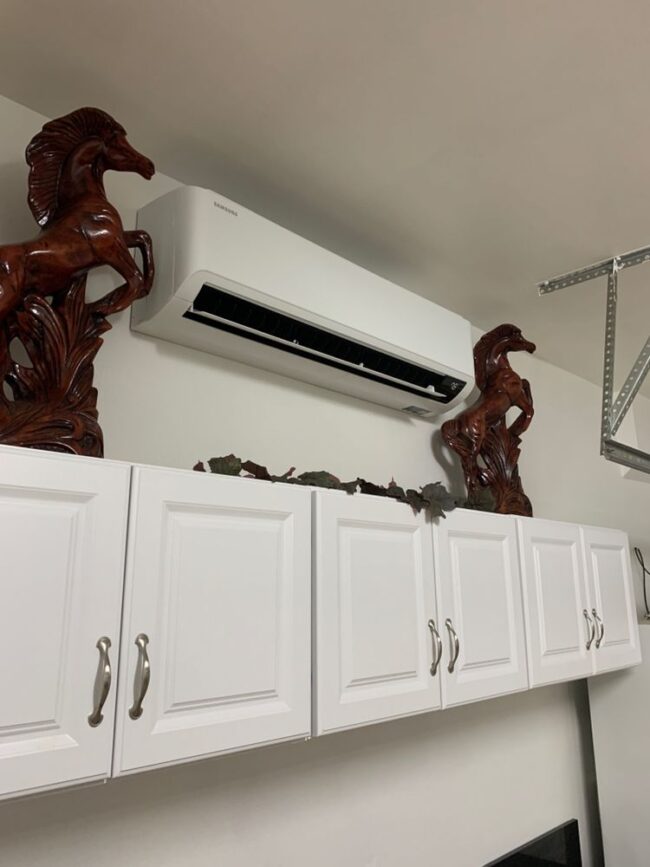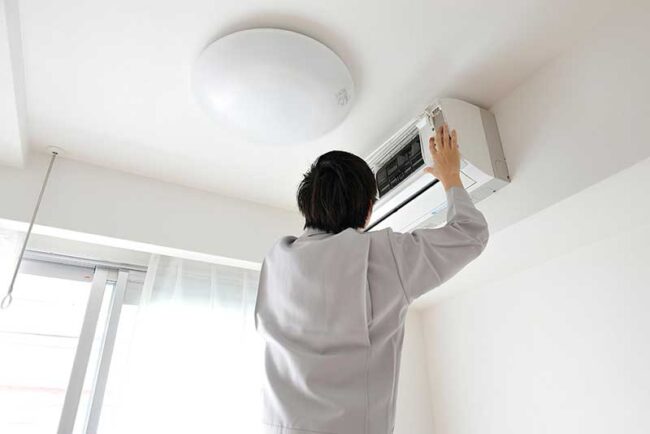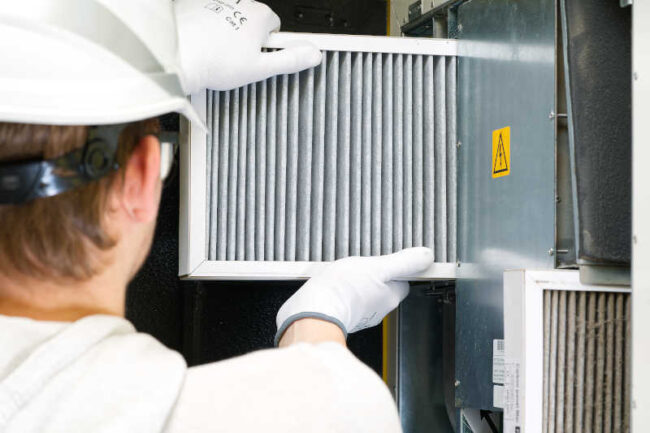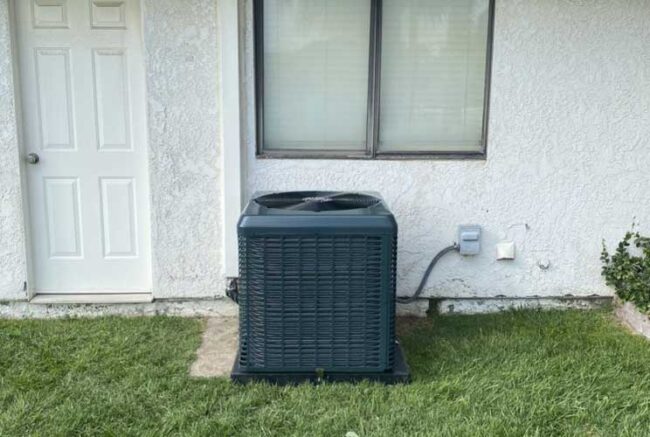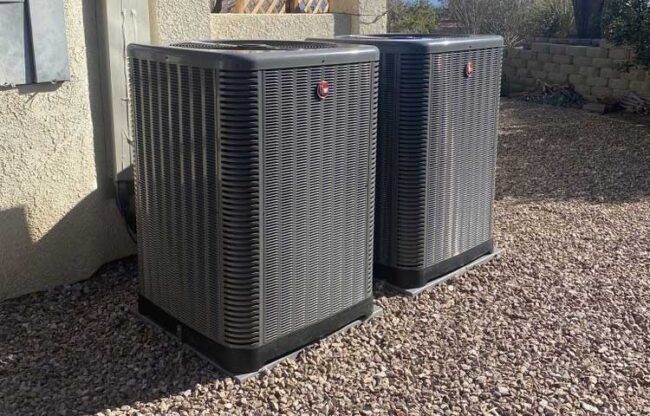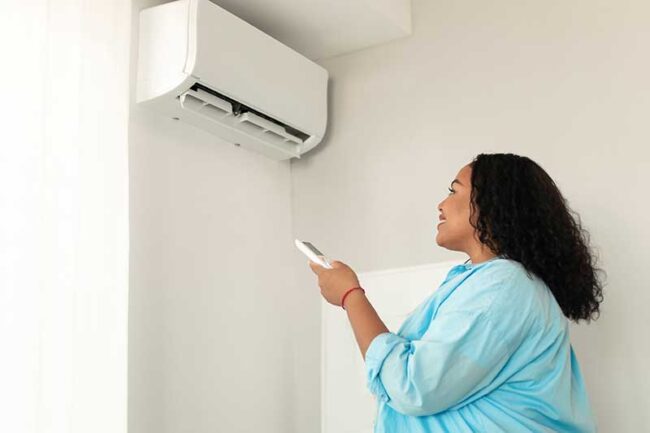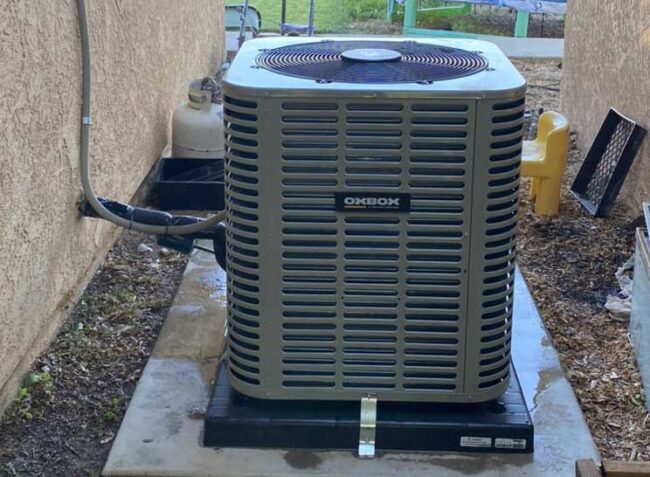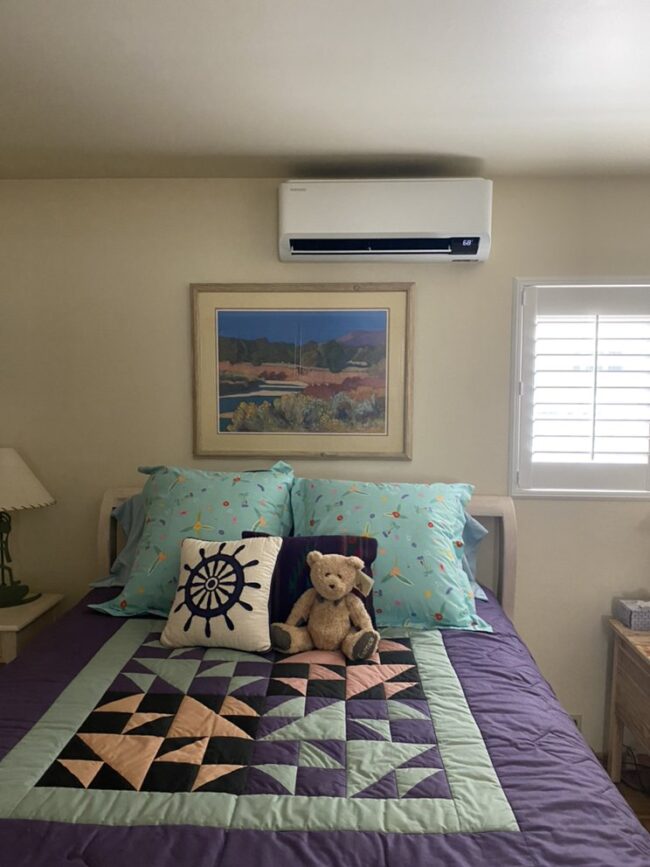Post-Installation AC Checklist
Congratulations on the successful installation of your brand-new air conditioner! Now that your cooling system is installed, it is essential to ensure that it functions effectively and provides you with the comfort you deserve. In this article, we provide an exhaustive post-installation AC checklist to help you verify and optimize the performance of your air…

